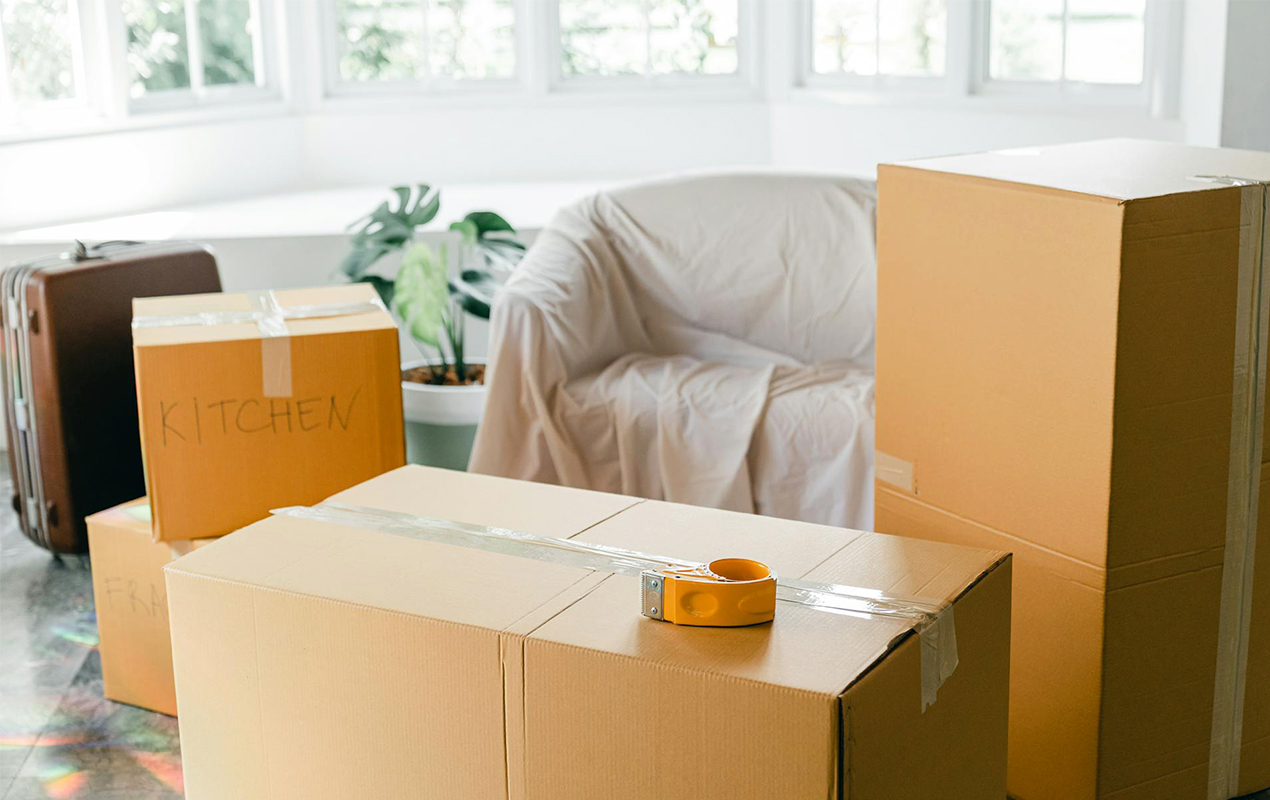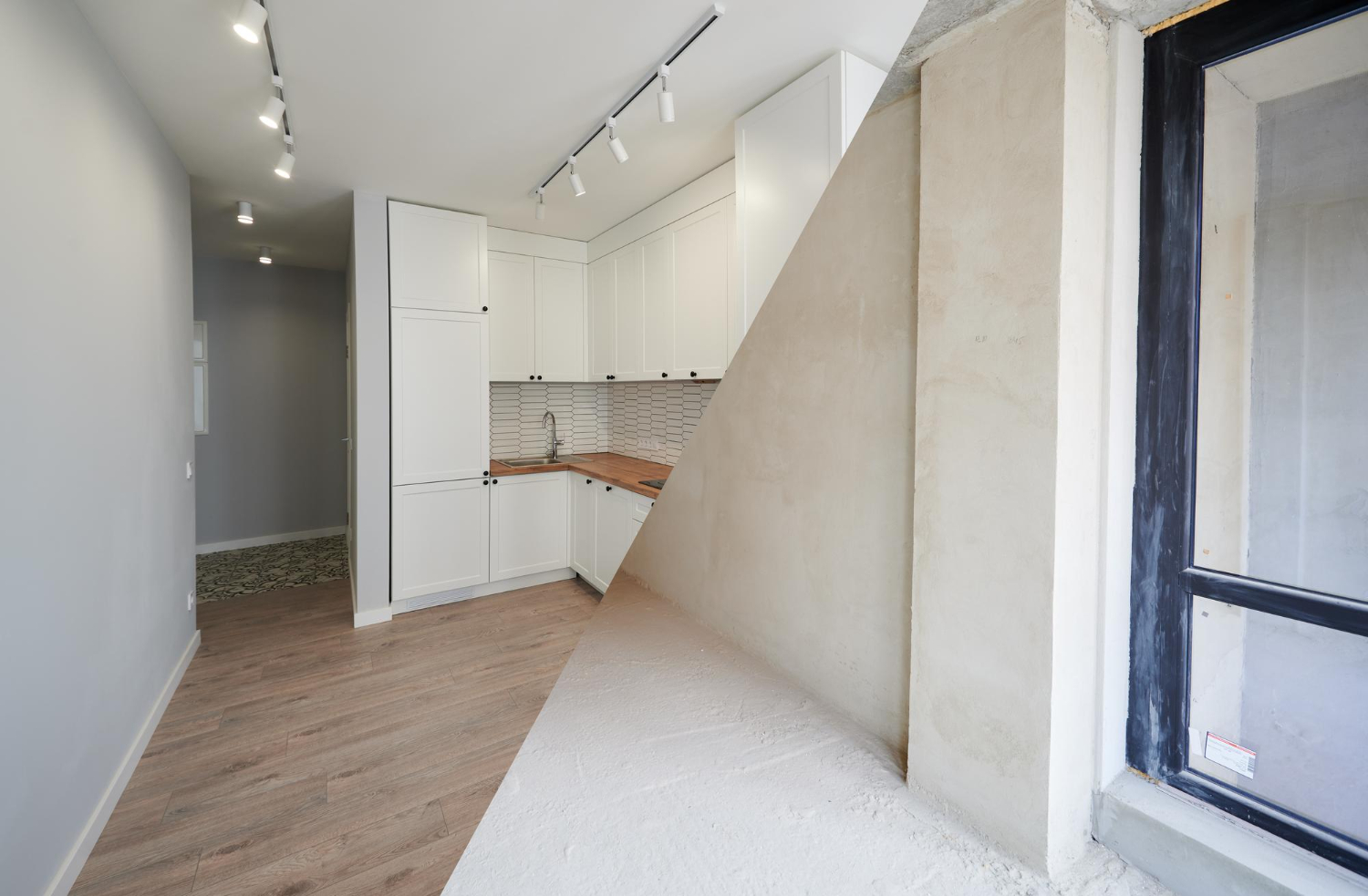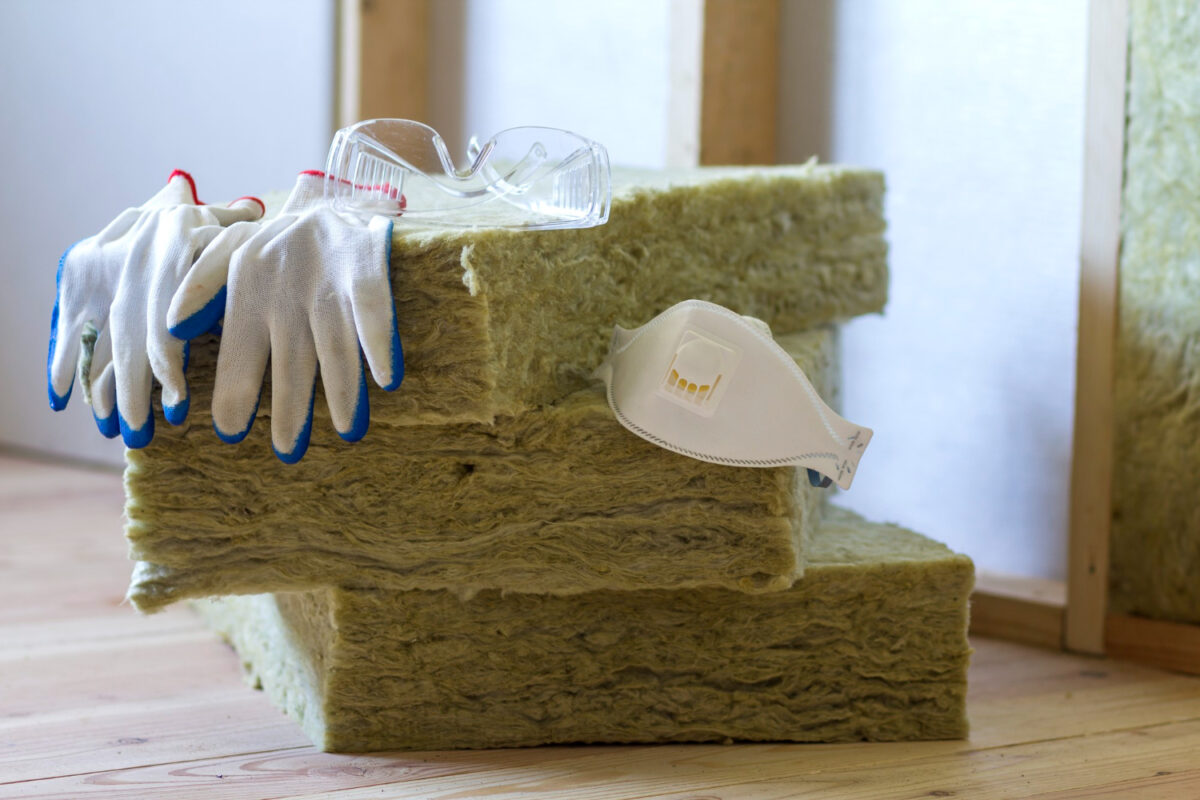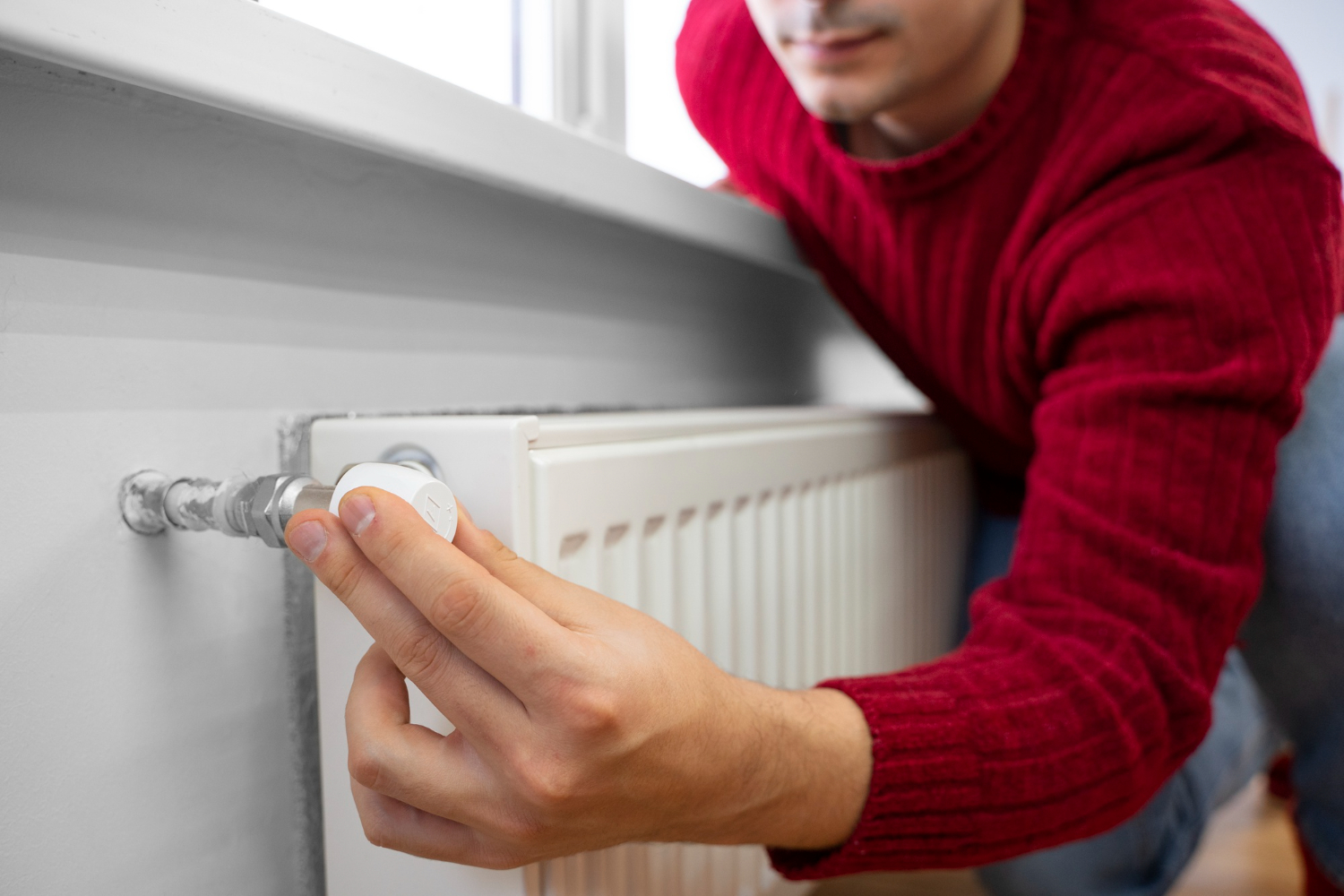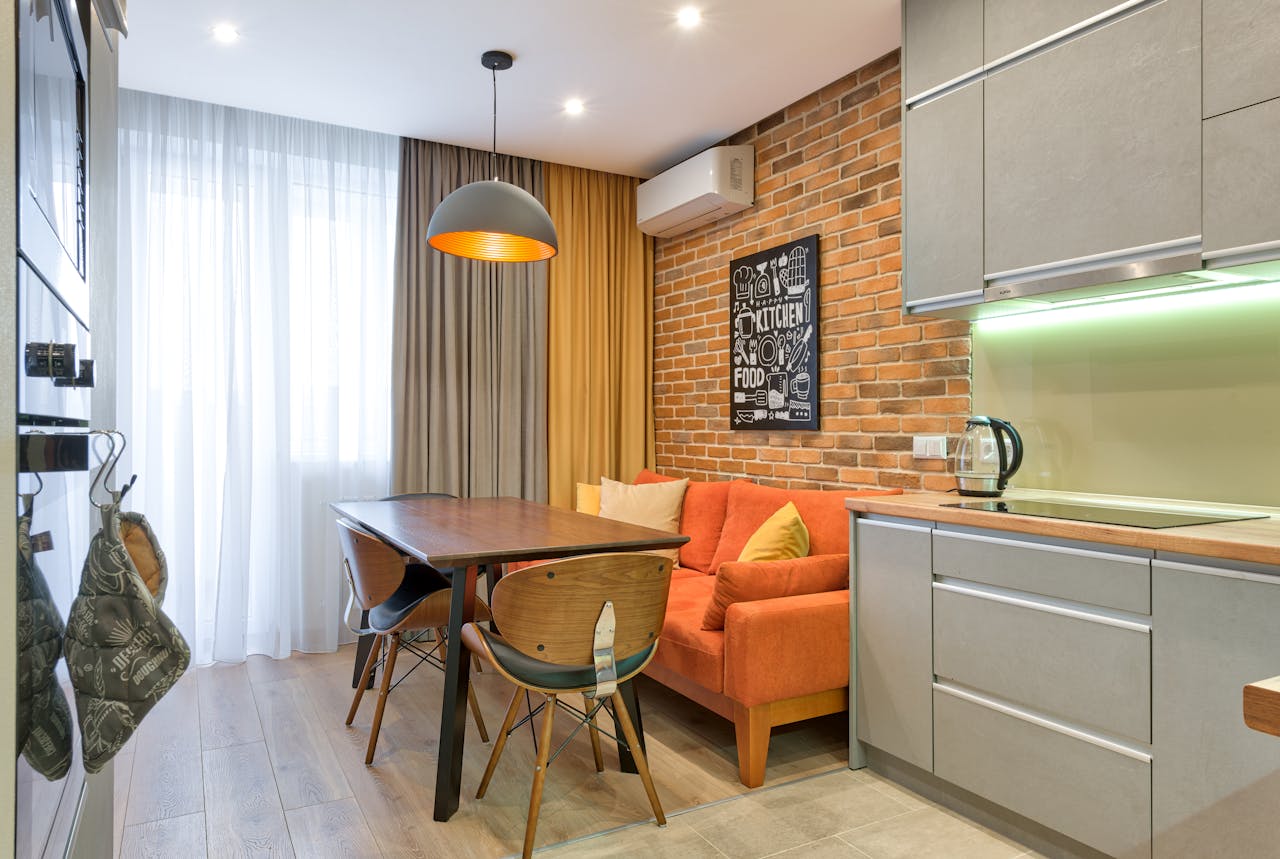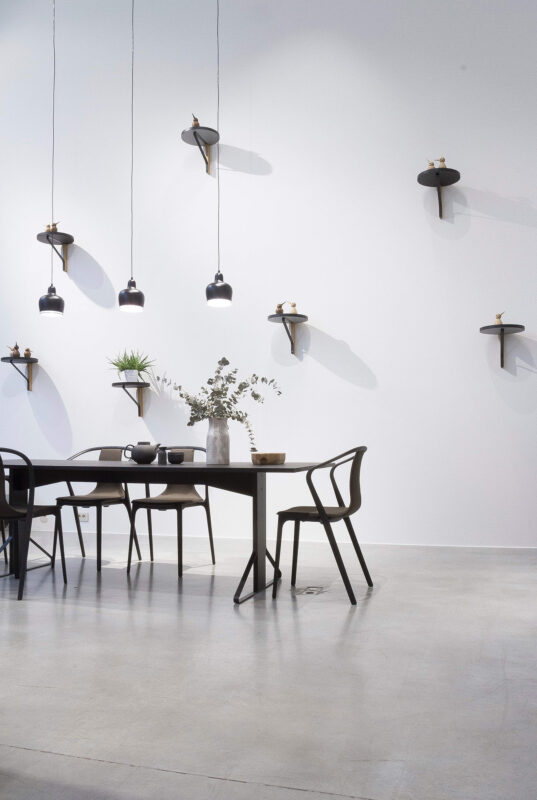The Importance of Generators During Renovation: Powering Your Project Smoothly

Why Generators Are Essential During Renovation
Getting a generator for your renovation? It’s honestly a smart move. It means you won’t be left in the dark, work doesn’t grind to a halt, and your essential gadgets keep humming along.
Ensuring Continuous Power Supply for Renovation Work
During renovations, you lean on power for just about everything—tools, lights, you name it. A generator means you can keep going, even when the grid lets you down. With a backup generator, all your electric tools keep running. That matters most when you’re using heavy-duty stuff like saws and drills. No more waiting around for the lights to come back on.
Preventing Delays and Protecting Investments
Delays during a renovation are just the worst. If an outage hits, your progress slows way down. Investing in a generator actually protects your renovation budget. Delays jack up labor costs and can even mean penalties if you’re on a tight contract. Reliable power keeps your timeline (and sanity) intact.
Supporting Critical Electrical Appliances
Some appliances—think heaters, air conditioners, or even your fridge—really can’t just go offline. If the power cuts out, these devices stop, which can mean discomfort or even damage.
A generator keeps those critical appliances alive. Especially during major renovations, when the power might be off for hours or days, that’s a relief. Keeping your appliances running sounds simple, but it makes a huge difference.
Risks of Power Outages in Renovation Projects
Power outages during renovations? They can really throw a wrench in your plans. Knowing the risks helps you prep better.
Impact of Power Outages on Renovation Timelines
When the power dies, so does your timeline—work can just stop dead. That downtime isn’t just annoying; it costs money and drags out the project. If your crew can’t use their tools, the whole schedule slides. Subcontractors get bumped, deliveries get delayed, and the whole workflow turns messy.
Maybe build in a little buffer time, or break up your project into sections that can keep moving even if the power’s out. It’s not a perfect solution, but it helps.
Causes of Power Disruptions During Renovations
Power disruptions can come from all sorts of places: faulty wiring, wild weather, or even someone accidentally hitting a line with heavy equipment. Renovations are messy business.
Sometimes, it’s not even your fault—local outages can happen if the grid’s overloaded, especially during heatwaves or storms. Even if your setup looks good, outside stuff can throw you off. It’s worth checking your electrical system before you start swinging hammers. Spotting problems early can save headaches later.
Protecting Materials and Work from Damage
Power cuts can mess with your materials. If your site relies on heating or cooling, a sudden outage can ruin paint, adhesives, or other temperature-sensitive stuff.
When materials aren’t stored right, you might have to replace them—more money down the drain. Unfinished work, like drywall or paint, can suffer if the conditions shift too much. Having a backup power system, even a portable generator, can keep essential systems running. That little bit of insurance can save your work from getting wrecked.
Choosing the Right Generator for Renovations
Picking the right generator is honestly a big deal. The right one keeps your tools ready to go and your project moving forward.
Types of Generators Suited for Renovation
Generally, you’re looking at two types: portable generators and standby generators.
- Portable Generators: Super flexible and easy to move around. Perfect for powering tools on-site, especially if you just need temporary juice. Lots of folks like the Honda EU2200i for its reliability and fuel savings.
- Standby Generators: These are more of a set-it-and-forget-it solution. Permanently installed, they kick on automatically if the power drops. Great for longer projects where outages are more than a minor blip.
Your choice depends on what you actually need and how long your renovation’s going to last.
Assessing Power Needs and Capacity
First, figure out what you need to power. Make a list of every tool and system you’ll use during the job.
- Power Ratings: Check each item’s wattage. A drill might need 600 watts, a paint sprayer could pull 1,500—those numbers add up.
- Total Wattage: Add up the wattage for everything you’ll run at once.
Pick a generator that can handle your total, plus a little extra—like 20% more. That way, you’re not pushing it to the limit and risking a burnout.
Selecting Reliable Backup Power Sources
Reliability’s huge when you pick a generator. Here are some things to think about:
- Brand Reputation: Stick with names you trust—Generac, Champion, those sorts. Good reviews usually mean fewer surprises.
- Fuel Type: Gas, propane, or dual-fuel? Each has its quirks. Propane’s cleaner, but you’ll need a place to store it.
- Maintenance: Go for something that’s not a pain to maintain. Oil changes, air filters—regular stuff, but you don’t want it to be a hassle.
A solid backup keeps your renovation rolling, even when things get unpredictable.
Generator Installation Considerations
Getting your generator installed the right way is key. Safety and making sure it works with your home’s setup are the main things to focus on.
Safe Installation Practices
Honestly, safety comes first. Here’s what you should keep in mind:
- Hire Professionals: Let a licensed electrician handle the install. It’s not worth the risk.
- Follow Local Codes: Make sure everything’s up to code. Saves you headaches with inspectors later.
- Site Preparation: Place your generator in a well-ventilated spot, away from windows and doors. Carbon monoxide is no joke.
- Routine Inspections: Schedule regular check-ups. Keeps things running smoothly for the long haul.
Integrating Generators with Home Electrical Systems
Hooking your generator into your home’s electrical system makes life easier when the power drops. Here’s what to look out for:
- Transfer Switch: You need one. It lets you switch safely between generator and main power.
- Load Requirements: Figure out how much you need to power during an outage. That helps you pick the right size generator.
- Fuel Type: Diesel, natural gas, or propane? Each has its pros and cons—pick what works for your setup.
- Compatibility: Make sure your generator matches your electrical system, or you’ll be in for some expensive upgrades.
Protecting Home Systems and Appliances
Renovations can leave your home’s systems a bit vulnerable. Generators really help keep the essentials running when the power’s out.
Safeguarding Sump Pumps and Flood Prevention
If you’ve got a basement, sump pumps are a lifesaver—until the power cuts out. Then you’re staring at a flood risk and a big repair bill. With a generator, your sump pump stays on. Just make sure your generator’s got enough juice for it. It’s one less thing to stress over when the weather turns nasty.
Maintaining Home Security Systems
Security systems need power, obviously. If the grid goes down, your alarms and cameras might too, which is not ideal. A generator keeps everything active, so you’re not left unprotected. Make sure it covers all your security equipment—peace of mind is worth it.
Preserving Heating, Cooling, and Refrigeration
Heating and cooling are non-negotiable, especially if it’s freezing or sweltering outside. Power outage? Suddenly, you’re worried about pipes freezing or your house turning into an oven.
Generators keep those systems running, and they save your fridge from turning into a science experiment. Just double-check that your generator can handle the load.
Preparing for Natural Disasters and Emergencies
Natural disasters happen, and when they do, a generator can be a total game changer. Knowing how they help during storms and long outages is just smart planning.
Role of Generators in Severe Weather Events
Hurricanes, blizzards, tornadoes—they can knock out power for days. When that happens, a generator keeps your house livable.
Generators power up:
- Heating and cooling systems: Keeps things comfortable, which is huge.
- Refrigerators and freezers: No one wants to toss a fridge full of food.
- Medical devices: For some folks, this is a literal lifesaver.
No generator? You’re risking discomfort, spoiled food, or worse. It’s honestly a worthwhile investment if you live somewhere storms are common.
Reliable Power During Extended Outages
After a big storm, the grid can take ages to come back online. With a generator, you can keep things running while you wait it out.
Some perks:
- Continuous access to information: Keep your phone and radio charged—staying connected matters.
- Safety and security: Lights on mean less chance of accidents or break-ins.
Pick a generator that fits your needs and learn how to use it safely. It’s just good sense.
Planning for Future Backup Power Needs
Tech is always moving forward, and so are your power needs. Planning during renovations helps make sure your home can keep up—now and down the road.
Upgrading for Increased Power Demands
If you’re adding new gadgets or smart devices, you’ll probably need more power than before. It adds up fast.
Things to keep in mind:
- Assessing Power Requirements: List every device and its wattage to see what you really need.
- Generator Size: Go bigger than you think—you want to cover essentials like the fridge, lights, and HVAC during an outage.
- Installation Considerations: Talk to a pro about where and how to set up your generator. Good installation means fewer problems later.
Planning for extra power now saves you a headache later. Better to be ready than scrambling when you need it most.
Smart Technologies and Automated Systems
Integrating smart technologies can do wonders for your home’s energy efficiency. These systems, though, really depend on a stable power source to work their magic.
Benefits of smart systems include:
- Monitoring and Control: Smart home devices let you keep an eye on energy usage in real-time. That way, you can actually make decisions that matter, not just guess.
- Automation: Automated systems tweak lighting, heating, and cooling based on your daily habits. If you’ve got a decent backup power setup, these conveniences don’t just vanish during outages.
Emergency Alerts: Plenty of smart devices will ping you with alerts if the power goes out, so you’re not left in the dark—literally or figuratively.
DeCasa Collections is a website that shares stylish home décor ideas and practical renovation tips for every room.

